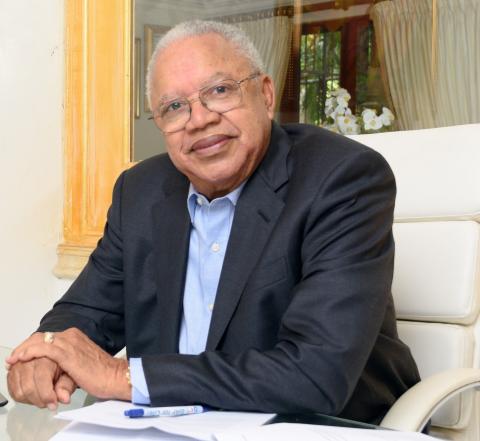
A refusal to accept change is one of the primary reasons why projects tend to fail, or not proceed in the manner intended by project managers and transformation teams. In the digital age, a major aspect of change is moving from analogue, or paper-based, systems to digital ones throughout an organisation.
There are some who are resistant because they do not feel fully aligned to the project objectives, and others who are simply in fear of technology. The latter is called technophobia, and both issues must be addressed for healthcare digitisation to move forward. Otherwise, project implementation could be at risk of stalling for years, or not working all together as intended.
Engendering trust is an important ingredient in healthcare digital transformation. People must feel as if the process is working for them and will result in a positive outcome at the individual and community levels. A change management plan is essential to this objective. It seeks to ensure that people understand the reasons for the changes that will be made and ease them into the transition. It is important that they know how this implementation will benefit them holistically, so that they understand how important it is to assist with making it a success.
For change management to be successful, people need to be given the knowledge and tools they need to understand the objectives of the implementation and be actively involved in it. For one, the entire organisation has to be on the same page and have knowledge of the plans to introduce the technology. Nothing, and no-one, should be taken for granted. However, something as over-arching as healthcare has to involve more than just staff. It has to also have a community focus. This means that citizens should be informed of changes to be made in their healthcare system, and actively participate at every level of the process as best as possible.
In our context, and elsewhere, people tend to be suspicious of government initiatives that will directly impact them, especially ones that involve technology. To ensure that they trust the process is to ensure that they fully understand it, are engaged, and participate. Communication, therefore, must be open at all stages.
Public consultations and community-focused discussions are ways in which open dialogue can be facilitated. It’s important to choose the right people to represent the process. This means that community-level healthcare workers, such as doctors and nurses, as well as other community leaders, should be on board and a part of the team that will interact with the people they serve, and who are familiar with them on a more personal level.
TOOLS NEEDED
As we begin to move into seeking to digitise public-sector health facilities, this will have to be an essential part of the change management and user acceptance plan. There has to be some level of public awareness, even before the start of implementation, so that people can get on board sooner than later, and the process can proceed as smoothly and swiftly as possible.
Importantly, people must be given the tools they will need to use, understand, and access the technology. COVID-19 helped us to understand where we were in terms of the use of some technologies as a country, and how much access there was, or wasn’t. Many schools, especially those in rural areas, were unable to facilitate online learning, as were several households. Conversely, we saw an increased use of telemedicine as an option to consult with a healthcare provider.
This is a good place to start in terms of understanding where we are and what needs to be put in place to improve the situation. If we are going to make healthcare digital throughout the public and private sectors going forward, the citizenry must be able to access the services remotely, as intended.
Concurrent consideration, therefore, needs to be given to improving the general technology infrastructure, while implementing digitized systems. These two things are essential to the success of the healthcare digitisation process and full, or even partial, adoption by users of the service.
We are on the right track towards healthcare digitisation in the private and public sectors. I am happy to see how far we’ve come in a short time and look forward to much more in the future.
Doug Halsall is the chairman and CEO of Advanced Integrated Systems. Email feedback to doug.halsall@gmail.com and editorial@gleanerjm.com.
Published: Sunday | February 27, 2022 | 12:06 AM Doug Halsall - Contributor
https://jamaica-gleaner.com/article/news/20220227/health-tech-engenderin...

